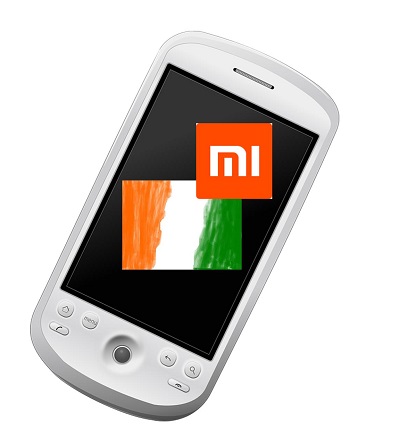As the fast food chain scrambles for a more healthful image, its wearable tech effort flops.
For a very short time, kids were finding McDonald’s fitness tracker devices in their Happy Meals. This wearable technology gadget was taking the place of the traditional toy the company ads to its kids’ meals.
Shortly after rolling out the Step It wearable technology, kids started complaining of skin irritations.
The McDonald’s fitness tracker made headlines and drummed up a lot of attention for the Happy Meals. However, shortly after its August 9 roll out in the United States and Canada, it was removed. The removal of the wearables was voluntary by the fast food chain. It was in response to several complaints of wrist irritation from wearing the Step It activity bands.
![]() A spokesperson from the company released a statement. It said “We have taken this swift and voluntary step after receiving limited reports of potential skin irritations that may be associated from wearing the band.”
A spokesperson from the company released a statement. It said “We have taken this swift and voluntary step after receiving limited reports of potential skin irritations that may be associated from wearing the band.”
The McDonald’s fitness tracker is under investigation to determine the source of the skin issue.
The spokesperson underscored that the safety of their customers is of their highest priority. They are conducting a thorough investigation into the problem with the wearable technology band. In the meanwhile, an alternative Happy Meal toy is being distributed to children.
The Step It activity tracker was essentially a pedometer that was worn on a child’s wrist. It was a very basic device meant to promote activity. It provided blinking lights to encourage kids to keep up the good work when they were moving around.
The wearable tech device was designed with four buttons. The first was a power button. The other three let the child identify his or her activity. Activities included: walking, jumping rope and general sports. This allowed the device to more accurately track the type of motion it was sensing.
The McDonald’s fitness tracker isn’t the first wearable technology to have been taken down from skin irritations. The current ruler of the activity band market, Fitbit, once suffered similar struggles. Its own first wearable had to be recalled in 2014 and in 2015. The Fitbit Surge has also received some complaints regarding skin irritations.

 Back in April, the firm invested in Hungama Digital Media Entertainment. That was an important move toward establishing an Indian foundation, said Jain. Xiaomi was a leader in the $25 million round of investments into that business. It represented the first time Xiaomi invested in any startups within the Indian market.
Back in April, the firm invested in Hungama Digital Media Entertainment. That was an important move toward establishing an Indian foundation, said Jain. Xiaomi was a leader in the $25 million round of investments into that business. It represented the first time Xiaomi invested in any startups within the Indian market.